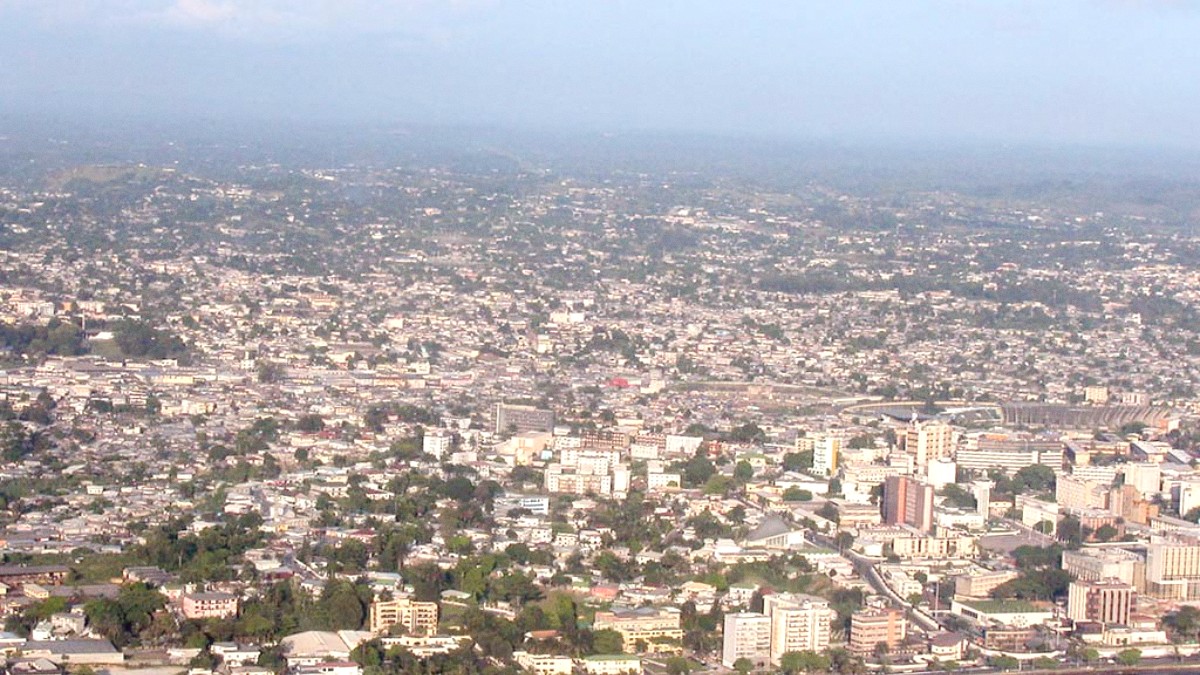
Gabon
Libreville is a point of entry to Gabon's natural wonders, including its acclaimed national parks. Expect a mix of cultures, shaped by its history as a French colonial outpost and a sanctuary for freed slaves. The city's atmosphere, its cuisine, and its people create a welcoming beginning to any Gabonese journey.
Libreville's origin dates to 1849, established by American missionaries. Its name, French for 'Freetown,' commemorates the release of 46 freed slaves from the ship Elizia. This humanitarian beginning marks an interesting start for a future colonial administrative hub.
During French colonial rule, Libreville developed into a administrative and trading center. Its coastal position facilitated the export of timber and other resources. After Gabon's independence in 1960, Libreville became the capital, leading to rapid modernization. Today, it is Gabon's political and economic heart, blending past influences with a contemporary identity.
Libreville's greater metropolitan area has a population of approximately 800,000 to 1 million (estimates vary, as of 2023-2024). This size indicates a lively city with urban conveniences and a dynamic atmosphere. French serves as the official language for all communication and daily interactions. While some individuals in hotels and tourist businesses may speak English, French fluency will greatly assist in navigation, ordering, and local engagement. A few basic French phrases offer a better experience.
Gabon uses 220-240V, 50Hz electricity, with plug types C, E, and F. North American devices (110-120V) will need a Voltage converter in addition to a Plug adapter, unless they are dual-voltage. Most modern phones, laptops, and camera chargers are dual-voltage. Bringing a Universal travel adapter is a wise choice. Vehicles drive on the right side of the road, similar to the United States. This information guides self-driving or pedestrian movement; always look left before crossing streets.
Central African CFA franc (XAF). Pegged to the Euro (€1 = XAF 655.957). Cash is widely used; credit cards are accepted at larger hotels and upscale restaurants. Carry smaller XAF denominations.
West Africa Time (WAT), UTC+1. Libreville is one hour ahead of Greenwich Mean Time (GMT/UTC).
+241. Use this for all calls to Gabonese numbers from outside the country. Save important local contacts with this prefix.
Approx. 800,000 - 1 million (Greater Libreville).
French.
This guide provides practical information for trip planning. It covers steps for a rewarding trip, from understanding local customs to finding the best places to eat and stay. It charts a course for an experience that showcases the core of Central Africa, with its natural beauty and dynamic urban spaces.
Learning a few basic French phrases greatly assists communication with taxi drivers, restaurant staff, and vendors.
Carrying smaller denominations of XAF simplifies daily transactions, as change for large bills can sometimes be difficult to find at local markets and for taxi services.
The city's growth continues across its varied terrain, shaping a metropolitan area connected to both the ocean and the forest. The gentle slopes of the coastal plain allow easy exploration on foot, especially along the popular Corniche.
A printed copy of your accommodation details and a map offers assistance for taxi drivers and a reliable reference if your phone battery depletes. This simple step supports smooth local navigation.
This initial information establishes a basis for your preparations, allowing you to address practical aspects before arrival. This readiness allows you to focus on the experience once in Libreville.
Carry a printed map as a backup navigation tool.
Keep hotel details handy for taxi rides.
A physical copy functions when digital fails.
Libreville's narrative showcases evolution, from a small freed-slave settlement to a thriving, modern capital. This journey integrated different influences, shaping the distinctive Gabonese identity Libreville embodies today.